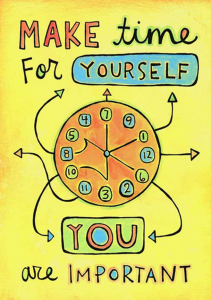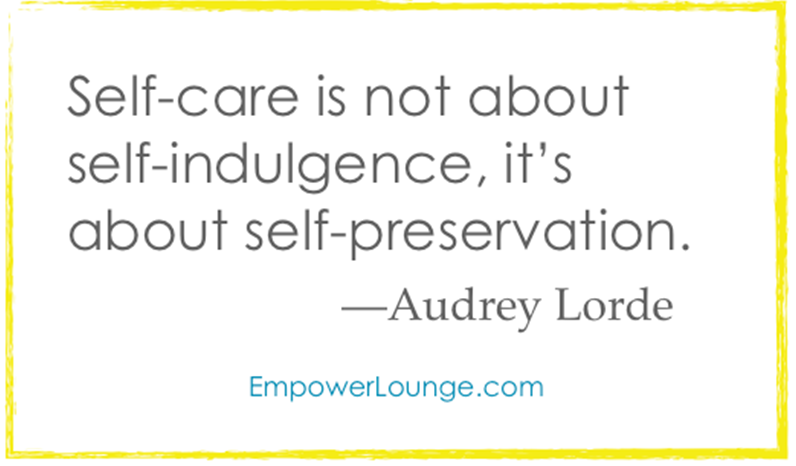 Supporting someone recovering from an eating disorder can be highly stressful, challenging, confusing, exhausting, frustrating and be fraught with feelings of powerlessness, helplessness, anxiety, anger, worry and grief. Recovery takes time – there are no miracle cures or overnight remedies and thus requires patience, compassion, consistency and hope. It is important that support people do not neglect their own needs and have adequate supports for themselves as looking after your own needs first not only models healthy behaviour but will ensure you are in a stronger position to be able to support the individual. Those that have supported me offer the following ideas for you to consider in ensuring your self-care needs are met:
Supporting someone recovering from an eating disorder can be highly stressful, challenging, confusing, exhausting, frustrating and be fraught with feelings of powerlessness, helplessness, anxiety, anger, worry and grief. Recovery takes time – there are no miracle cures or overnight remedies and thus requires patience, compassion, consistency and hope. It is important that support people do not neglect their own needs and have adequate supports for themselves as looking after your own needs first not only models healthy behaviour but will ensure you are in a stronger position to be able to support the individual. Those that have supported me offer the following ideas for you to consider in ensuring your self-care needs are met:
- Be informed – A good understanding of eating disorders will help you to identify what the person you are supporting is experiencing. There are resources and information that will also provide you with skills to navigate this difficult time.
- If you are providing regular daily meal support, ensure you schedule time into your day for de-stressing, relaxing, and doing things you enjoy. Prioritising time out for yourself will help restore your energy and revitalise your mind, e.g. a candlelit bath, a massage, heading out to the movies, going for a walk, meditation, catching up with a friend, anything that nurtures your sense of self. It is also essential that you maintain other relationships that nourish you and that these people are not constantly ignored as a consequence of you becoming totally consumed by the person you are supporting.
- Respect the general bounds of confidentiality but do not put yourself in a position where you are supporting eating disordered behaviours or are drawn into making promises to keep secrets. Know your boundaries and communicate these clearly with the person you are supporting.
- Separate the person you are supporting from their eating disorder. Remember that the eating disorder is not their identity and that they are still your daughter/son/friend/sister/brother/grandchild/parent/partner etc. Continue to engage in other activities together that are non-food/eating disorder related.
- There are links to websites, forums and chats for support people/carers/families in the Get Help section. Various eating disorder organisations also offer support groups and workshops for carers. Connecting with other support people and sharing your experiences can be incredibly beneficial as it provides an outlet for you to talk about your feelings and challenges; provides a space to emotionally recharge; reduces social isolation; and provides a source of peer advice and guidance.
- Seeking professional support/counselling may assist you with practical, emotional and psychological skills in better supporting both yourself and the individual recovering from an eating disorder.
